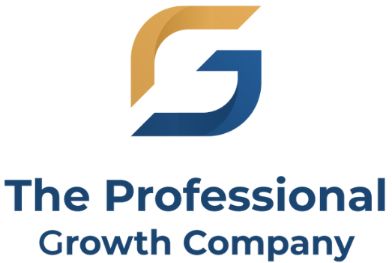
The Difference Between Coaching and Managing The People You Lead
Nov 28, 2016There is a big difference in the skills required to coach someone compared to the skills required to manage someone.
A manager is responsible for controlling or administering an organisation or group of staff. Often you will hear people refer to their manager as ‘the boss’, the person that tells them what to do and someone they can turn to for advice and decisions.
A business coach works with individuals, to help them come up with their plan of action to achieve their objectives and goals. In coaching it is the person being coached that it at the centre of the process. They have to take they lead, think about what it is they want to achieve and come up with their own solutions.
Often it is uncomfortable for someone to be coached by their ‘boss’ as they may feel embarrassed and uncomfortable about being the centre of attention. From an employee’s perspective, their manager is the person that guides, instructs and gives them tasks to do.
If one minute they are being given instructions from their manager, and the next the same person is asking them to come up with their own solutions, this can become extremely confusing.
The roles become blurred and often the coaching process ends up being a frustrating experience for both parties.
It is important to communicate clearly to someone when they are being coached.
Always designate a specific time for a coaching session, when it will start and when it will finish and keep to that time.
Set out the objectives for the coaching session, the expectations and the responsibilities of the coach and the person you are coaching.
For example “Over the next hour, this coaching session is for you. It is an opportunity for you look at what you need to do for the next quarter come up with different ways you are planning to achieve this.”
Asking someone to take responsibility for their actions can make them feel uneasy and intimidated, so your job is to help the person you are coaching feel comfortable.
Conduct the coaching session away from your office. I often use hotel reception areas or coffee shops, because the coaching process works far better when people are relaxed and informal.
Introduce the coaching process as a tool for their continued development to help them become even better at what they are doing already.
Always mention that this is a confidential process and keep it confidential.
Set the scene by saying something to clarify that you are moving from their manager to their coach. For example “Over the next hour I am here to help you come up with your plan, not tell you what to do. The coaching process is for you an it is about you developing yourself”
Keep to your role of coach and do not offer solutions or answers during the coaching process.
Your job is to facilitate the answers from the person you are coaching. When someone you are coaching asks you how you would do something, our natural instinct is to give them the answer.
When you are coaching keep flipping questions back to them. For example “its not my place to answer that, tell me how would you do this?” “What would your solution be?”
You want to encourage the person you are coaching to be thinking and talking about the different ways they can do things.
Doing this is encourages people to take personal responsibility for their actions.
The power of coaching is when someone is thinking about what they are going to do and then telling you how they will do they are more likely to take action, compared to someone being told what to do.
Always finish the coaching session with a written and signed plan of action including what specifically has to be achieved by whom, by when and a date set for the next coaching session.
As long as you clearly keep the two roles separate, people will quickly get to know when you are being their manager and when you are being their coach and will respond accordingly.
For more information on our 7 Day Licensed NLP Business Practitioner Training Licensed by the Society of NLP and Dr Richard Bandler, Corporate Training Programmes and Online Executive Coaching, contact our office at +44 330 058 3217 email fiona@theprofessionalgrowthcompany.com or Click Here
BUILDING CONFIDENCE,
CLARITY AND TRUST AT WORK
Sign up now for your Free Guide.
We hate SPAM. We will never sell your information, for any reason.


